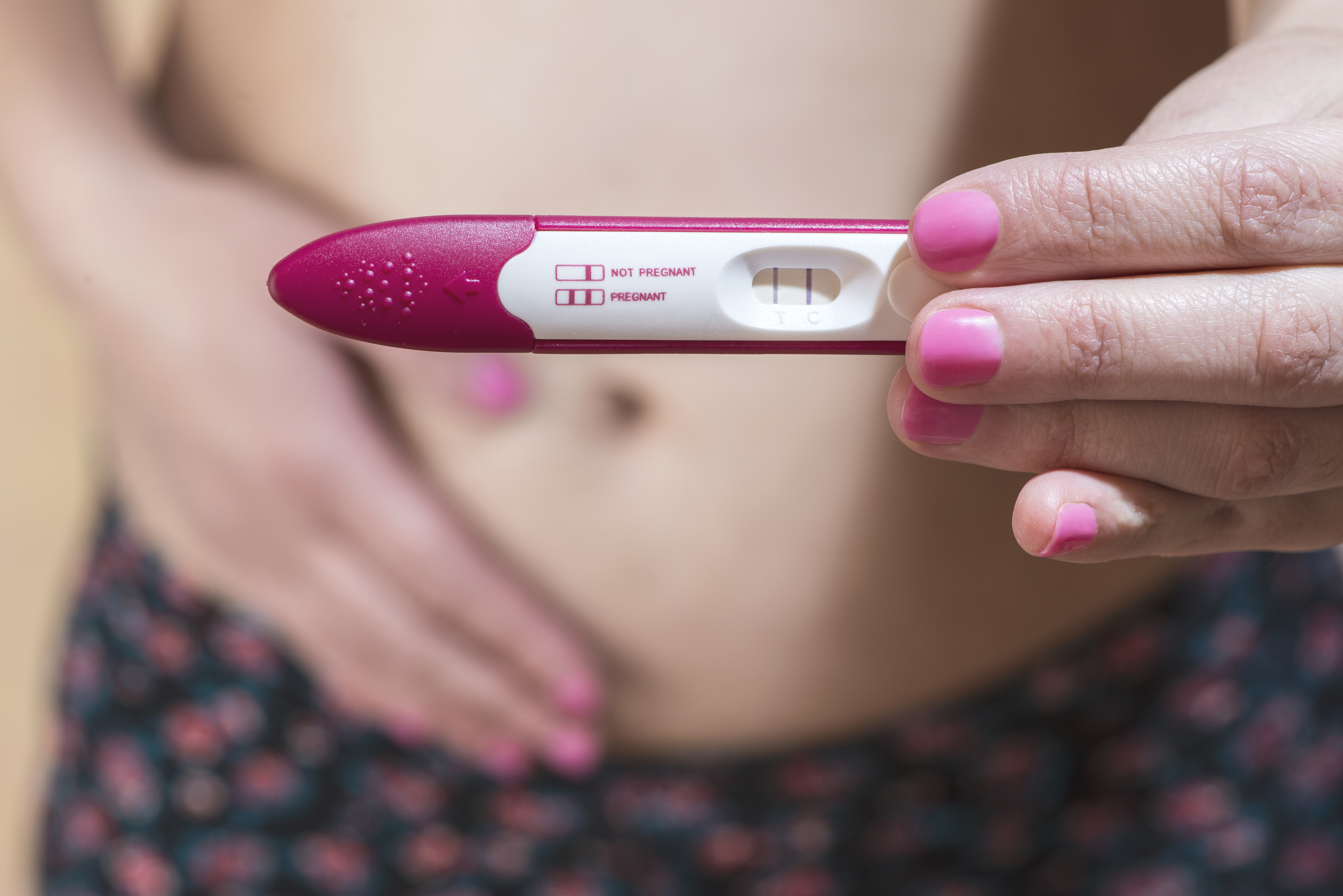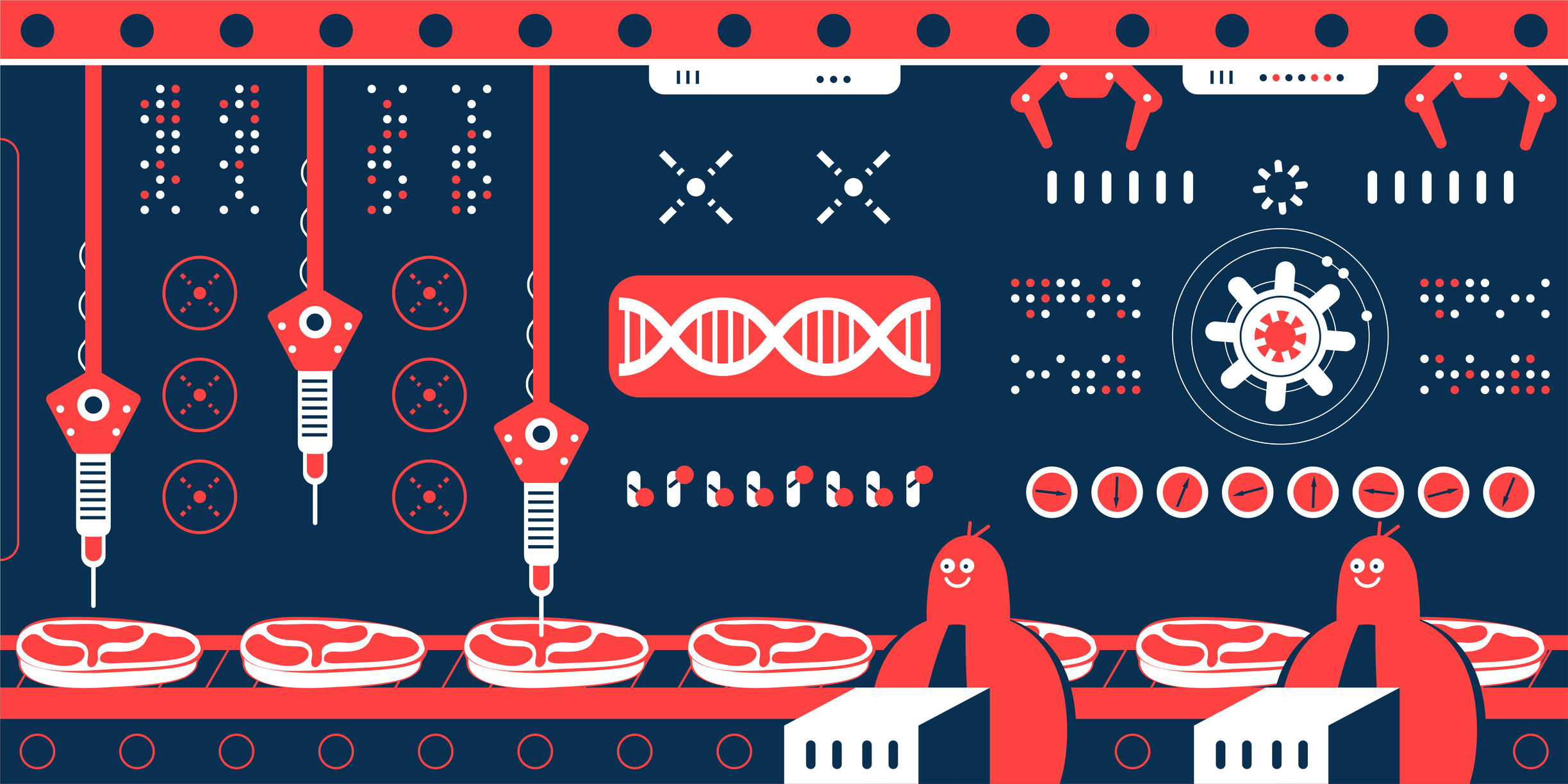Biotech can often, and sometimes literally, fly over our heads. However, the pandemic has shown an increased need for investment and focus on solutions that work on human and planetary health. For IndieBio, a science and biotech accelerator run by VC firm SOSV, this unprecedented year offered high stakes and new challenges.
Today and tomorrow, the biotech accelerator is hosting its twice-annual demo day.
Starting in 2015, IndieBio has provided resources to founders solving complex challenges with biotech, from fake meat to sustainability. Over the years, the accelerator has created a portfolio of biotech companies valued at over $3.2 billion, including companies like Memphis Meats, which develops cultured meat from animal cells; NotCo, a plant-based food brand; and Catalog, which uses organisms for data storage.
As part of the accelerator, each participating company receives $250,000 in capital, numerous other services and access to lab space. In July, the founder and head of IndieBio, Arvind Gupta, left his position to pursue a role at Mayfield. While Gupta remains an adviser, Po Bronson took the role as the new managing director.
Bronson was immediately put to the test. This year, the program expanded from operating solely in San Francisco to also create a cohort based in New York. It also doubled the amount of companies it invested in, bringing this cohort to 20 companies.
As you can imagine, lockdowns ultimately forced founders to delay key lab work in the beginning of the pandemic. Eventually, founders were able to partner with universities, contract research organizations or other biotech accelerators to begin their research, says Maya Lockwood, the head of investor relations at SOSV. The NYC class received a “golden ticket” for free lab space come November.
And these dynamics make this cohort all the more fascinating to dive into.
Watch the New York Stream here, which will happen on Tuesday October 27 from 1:00-3:00pm ET.
Watch the San Francisco stream here, which will happen on Wednesday October 28 from 10:00-12:00pm PT.
For those who can’t tune in, here’s a list of all the companies presenting in New York and San Francisco over the next two days.
San Francisco cohort
Reazent: Founded by Sumit Verma, Reazent has discovered and patented a way to manipulate soil bacteria into triggering crops to grow more. It works with 116 strains, from kale to potatoes, and wants to dig into the market of organic agricultural land.

Image Credits: Witthaya Prasongsin / Getty Images
Kraken Sense: Founded by Nisha Sarveswaran, Kraken Sense has created an in-line autonomous device to measure the concentration of pathogens in large-scale food and water systems. The product can be deployed in farms and kitchens and uses refillable single-use cartridges.
Advanced Microbubbles: The startup, led by Jameel Feshitan, has created a platform that helps practitioners deliver drugs to complex and difficult tumors. The company collaborated with NIH NIDA and uses proprietary bubbles to deliver chemotherapeutics. Currently, Microbubbles is working to solve two types of cancers: neuroblastoma and pancreatic cancer.
Cybele Microbiome: CEO Nicole Scott has created a direct-to-consumer skincare line with a focus on prebiotics. The line uses ingredients that work in tandem with the skin microbiome, even triggering it to express natural scents.
Ivy Natal: Ivy Natal is developing a process to harvest healthy human egg cells from skin cells. CEO Colin Bortner is working on a treatment for infertility and plans to enable families to have genetic children who can’t otherwise with current solutions.
Microgenesis: Led by Gabriela Gutierrez, Microgenesis has created a proprietary test and nutraceutical regiment (including probiotics) to help women who struggle with infertility get pregnant. The company worked with a cohort of 287 mothers, and with its product over 75% of patients became pregnant.

Image Credits: Westend61 / Getty Images
AsimicA: Led by Nikolai Mushnikov, Asmicia has created a new way to bring stem cells to microbes. The company could lengthen and grow the yields of bio-manufacturing, and is currently working to select the right fermentation partner.
Liberum: CEO Aiden Tinafar is working to disrupt what they think could be a $400 billion market opportunity: recombinant proteins. Liberum has created a protein printer that could cut down the creation of custom recombinant proteins from weeks to a few hours.
Khepra: Led by Julie Kring, Khepra is leveraging fuel production as a way to store extra renewable energy. The company is building a series of reactors that could take your old plastic bottles and cardboard boxes, extract chemicals and fuels, and sell that fuel to refineries.
Carbix: Carbix, led by Quincy Sammy, takes enriched CO2 and converts it into raw material that can then be repurposed into industrial products.
Spintext: CEO Alex Greenhalgh is creating a new, scalable way of making silk. The company mimics spider spinning and uses a natural protein, with an end product that they see as better than premium silk.
New York cohort
Biomage: CEO Adam Kurkiewicz wants to make single-cell sequencing data more accessible for research biologistics. The technology could help scientists explore human cells to enhance medicine and drug discovery.
Diptera.ai: Vic Levitin is creating a scalable, affordable and sustainable way to fight mosquitoes and their diseases.
Cayuga Biotech: Damien Kudela, CEO of Cayuga Biotech, has created a drug that could induce clots and stop severe bleeding situations.
Brightcure: Chiara Heide, CEO of Brightcure, has created a bioactive cream that uses natural bacterium to restore a woman’s natural microbiome.
Multus Media: CEO Cai Linton is producing an ingredient that hopes to make cultivated meat production affordable and accessible.

Image Credits: Getty Images
BioFeyn: The company uses nanotechnologies based on human medicine to deliver nutrients and disease prevention to fish. CEO Timothy Bouley is working to make eating healthy fish a sustainable practice.
Halomine: Ted Eveleth, CEO, wants to turn every surface into an antimicrobial surface. Halomine’s product, Halofilm, can be used in tandem with any household bleach cleaner to enhance disinfection techniques.
Allied Microbiota: Lauralynn Kourtz, CEO of Allied Microbiota, wants to use natural microbes to eliminate toxic waste. The company uses bacteria to clean contaminated soils.
Scindo: Scindo, led by Gustaf Hemberg, uses enzymes to make plastic biodegradable.



